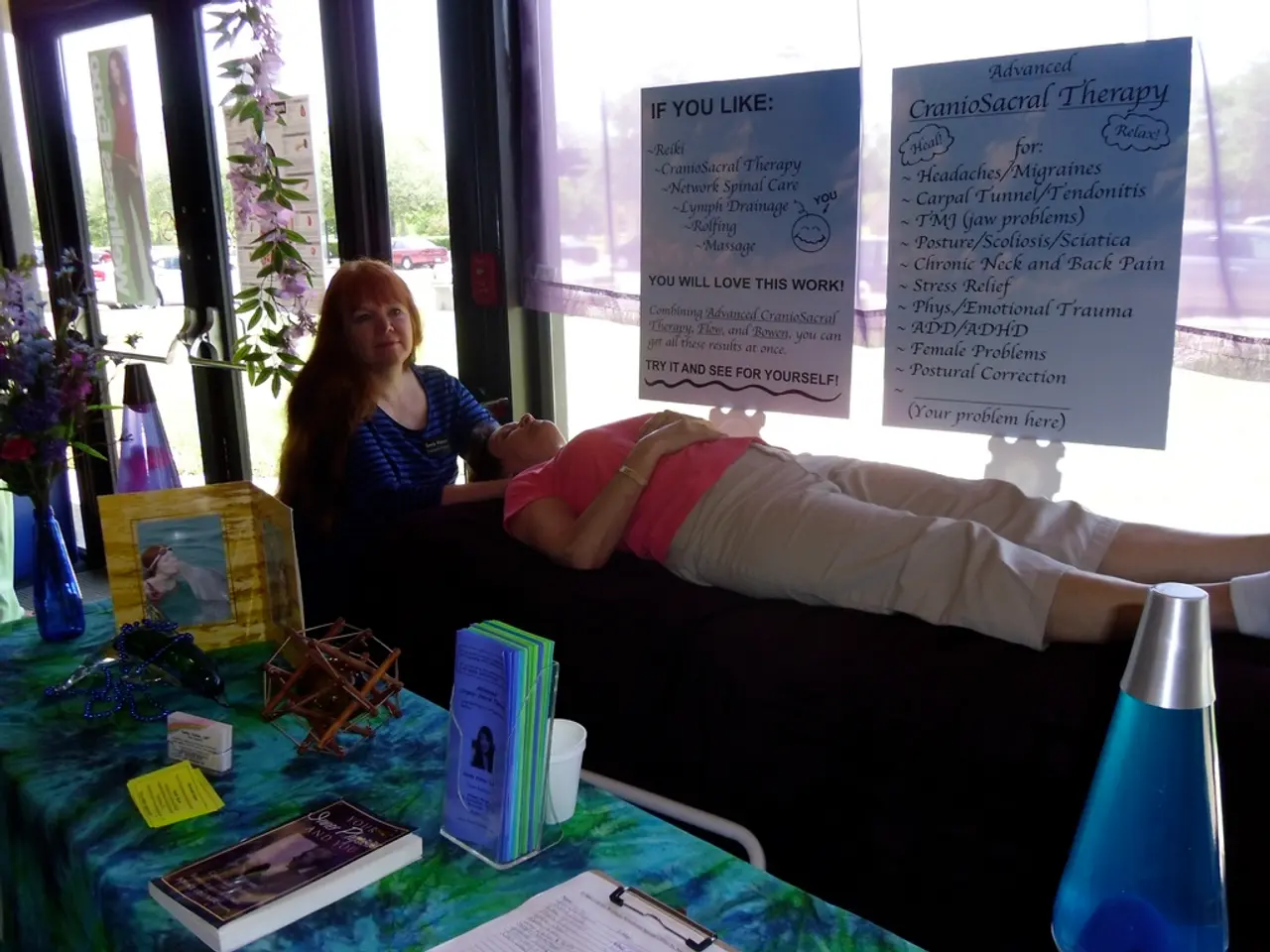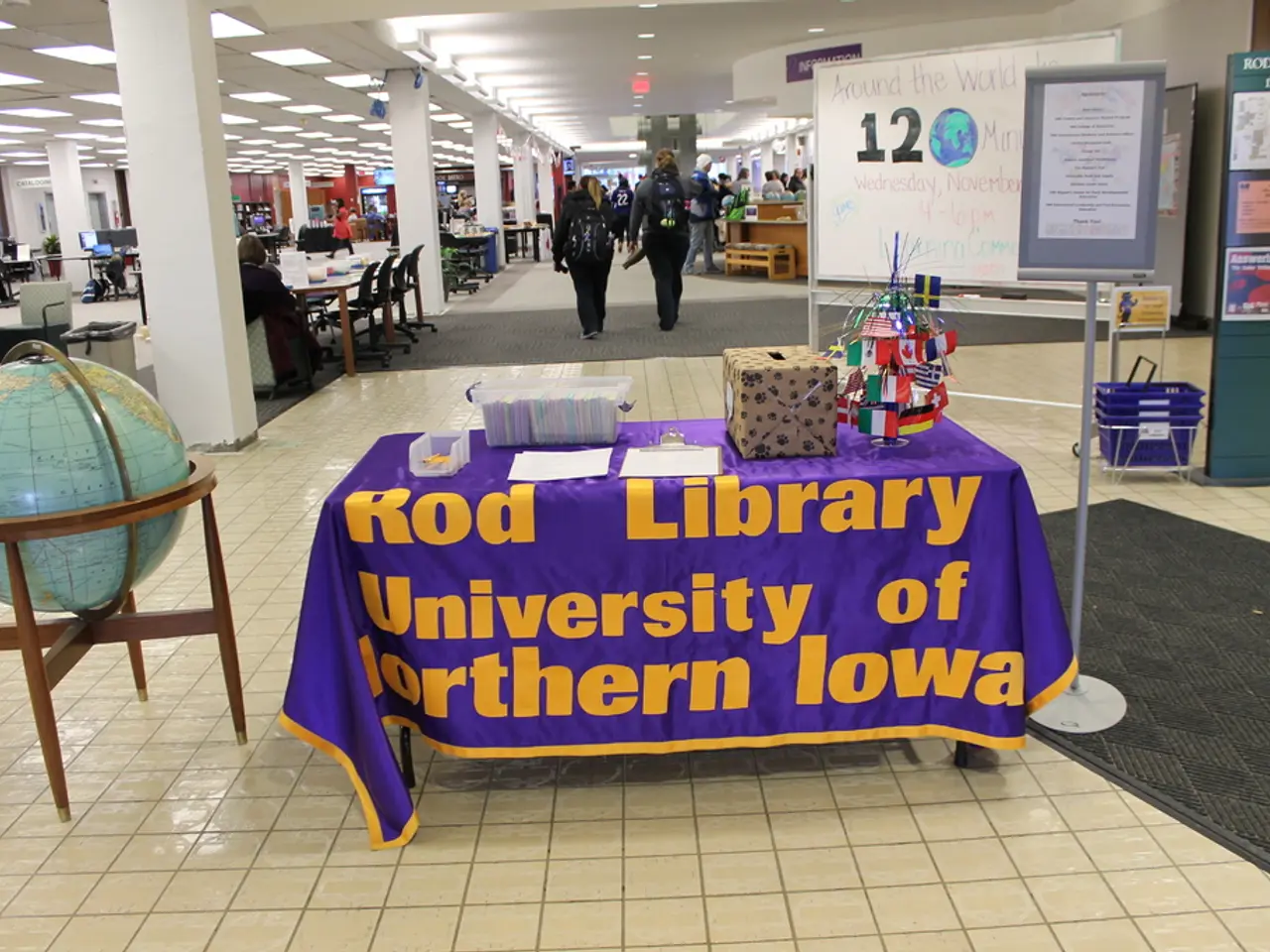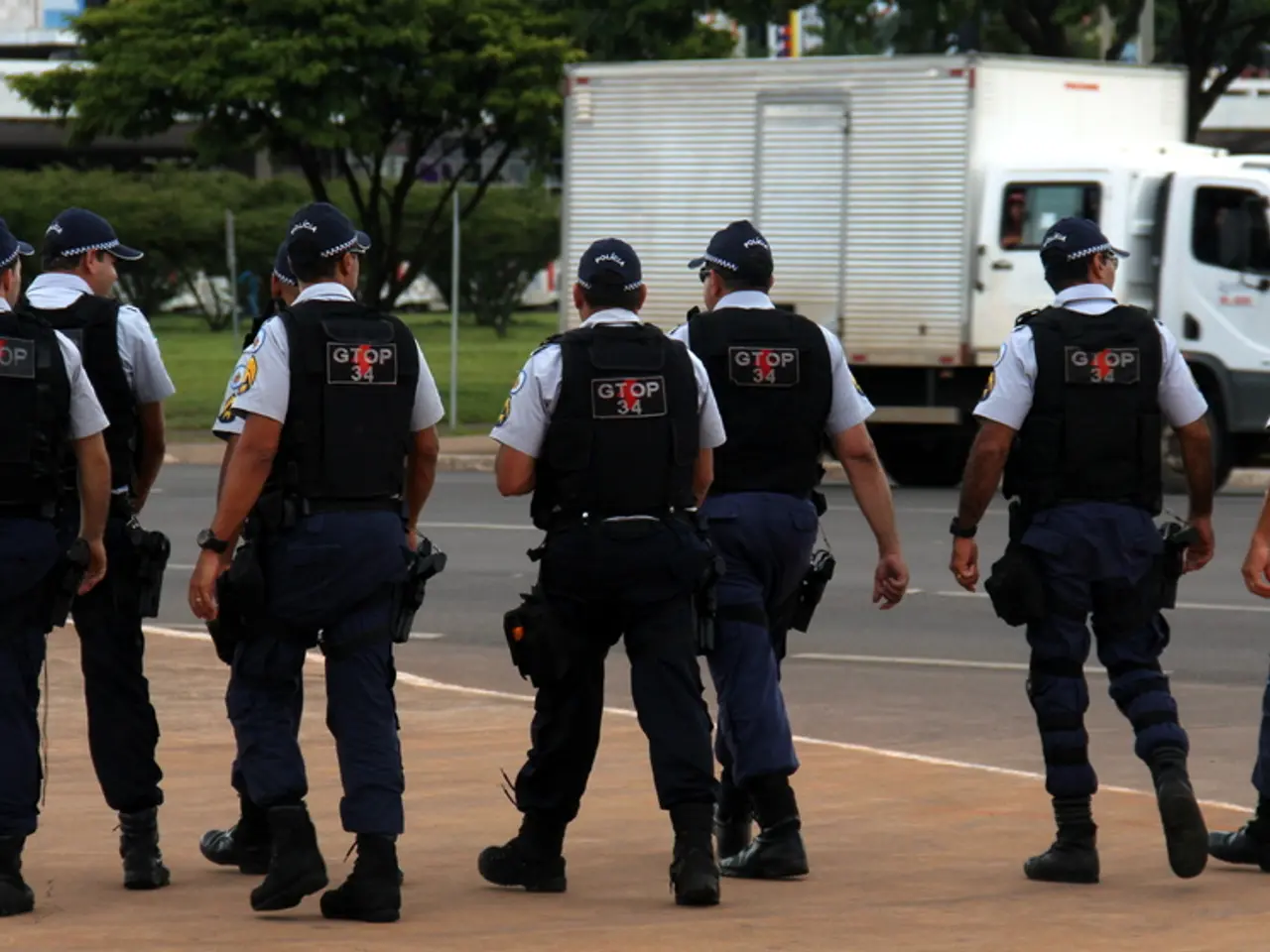Academic Dispute: Battle for Academic Autonomy
The Israel-Gaza conflict has added a new layer of complexity to the ongoing debates on academic freedom in U.S. colleges and universities. These debates, which revolve around political speech, governance, and the limits of ideological expression, are a reflection of broader cultural and political conflicts affecting free speech and diversity.
Recent controversies have highlighted the perceived threat to academic freedom, particularly at public universities in Republican-controlled states like Florida. The debates have caused rifts among champions of academic freedom, with Jeannie Suk Gersen, a professor at Harvard Law School and a leader of the Council on Academic Freedom at Harvard, stating that the cause stands "at a crossroads."
At elite private campuses, faculty are organizing against a perceived threat of a prevailing progressive orthodoxy that stifles open inquiry. Faculty groups dedicated to academic freedom have recently formed at Harvard, Yale, and Columbia.
One notable case describes the Department of Justice (DOJ) investigation of George Mason University faculty governance bodies, which the American Association of University Professors (AAUP) criticizes as a misuse of federal power aimed at chilling faculty speech and undermining shared governance. This incident exemplifies fears that political interference threatens academic freedom, particularly when faculty exercise their roles in institutional deliberations or express contentious views.
The scope of academic freedom itself is also a topic of discussion. Some commentators note ongoing tensions between demands for “unbridled free inquiry” and political pressure to limit certain ideologies, such as Critical Race Theory (CRT), which has become highly contentious. Critics argue that attempts by state and federal actors to exclude some kinds of ideological content do not infringe on academic freedom but instead seek to refocus universities on transmitting established knowledge rather than political grievance.
The Israel-Gaza war has contributed to the complexity of the debates on academic freedom. Some question the sudden defense of speech that Jewish students find threatening, after years of restricting speech that makes certain minority groups feel "unsafe." On the other hand, others accuse opponents of diversity, equity, and inclusion efforts of cynically weaponizing those principles to suppress pro-Palestinian views.
The fallout from the Hamas-led Oct. 7 attack on Israel has caused disruptions on many campuses, further fuelling these debates. College presidents have been ousted, campus protests have been restricted, and alumni, donors, and politicians have pushed for greater control on some campuses.
These pressures reflect a rightward political shift leveraging federal funding control. Observers caution that they risk undermining academic independence, free expression, and the very diversity that campuses seek to uphold. Free speech debates occur within this broader context of political conflict on campuses, which has intensified with international issues like the Israel-Gaza conflict bringing sharp divisions among students and faculty.
Historical perspectives suggest such conflicts are part of longer-term struggles over the role of politics in academia. Critics warn that politicized activism, left or right, can erode academic standards, civility, and freedom.
In conclusion, the Israel-Gaza conflict has amplified campus disputes reflecting deeper national controversies over academic freedom, free speech, political ideology, and institutional governance. These debates highlight the delicate balance between protecting diverse viewpoints and managing political pressures on American higher education.
[1] American Association of University Professors. (n.d.). George Mason University. Retrieved from https://www.aaup.org/report/george-mason-university [2] Berry, J. (2021, March 23). The Misuse of Critical Race Theory. Retrieved from https://www.nytimes.com/2021/03/23/opinion/critical-race-theory-schools.html [3] Brown, L. M. (2021, April 26). The War on Wokeness: How the Right Is Weaponizing Culture Wars to Attack Academia. Retrieved from https://www.thenation.com/article/education/woke-academia-attack/ [4] Geiger, R. J. (2021, March 18). The Right's Assault on Academic Freedom. Retrieved from https://www.nytimes.com/2021/03/18/opinion/right-wing-academic-freedom.html
- The Israel-Gaza conflict's influence extends beyond geopolitics, as it has also fueled debates on academic freedom in U.S. education-and-self-development, with some questioning the sudden defense of speech in light of past restrictions that targeted minority students, while others accuse diversity, equity, and inclusion opponents of suppressing pro-Palestinian views.
- Aside from political debates, the role of ideology in academic freedom is under scrutiny, with the controversy surrounding Critical Race Theory (CRT) being a prime example. This highlights the need for discourse on striking a balance between promoting unbridled free inquiry and politically limiting certain ideologies, an issue further complicated by the ongoing Israel-Gaza conflict's impact on university campuses.




